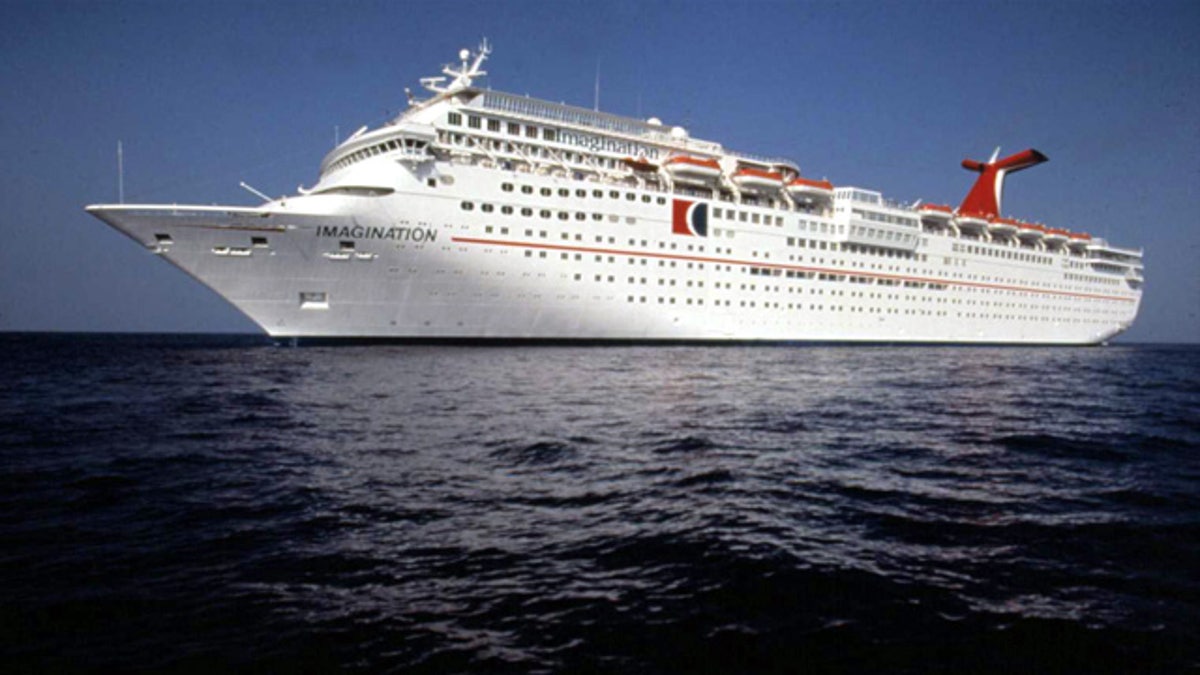
(Reuters)
The cruise industry continues to flourish despite the economic downturn thanks to creative marketing encourage people to buy.
One new idea is “cruise protection plans” that allow cruisers to cancel at the last minute for a full or partial refund. In the past, you could only cancel a cruise without penalty if the sailing date was months away. Now you can buy travel insurance and protect your cruise investment until the day you sail.
Cruises are generally easy to insure. A typical cruise insurance policy costs anywhere from 5% to 10% of your cruise fare. So a $10,000 cruise for two can be insured for about $250 to $500 per person.
Holland America offers one of the better plans; it will refund 80% of the purchase price if you cancel for any reason anytime before the cruise sets sail. A preferred plan will give you a 90% refund of the cruise cost.
Princess Cruises has two better-than-average plans; the cheaper one will give you a 90% credit of the canceled cruise price toward a future cruise. The premium policy will give you a future cruise credit equal to 100% of your purchase price, but the cost is a rather expensive 12% of the current cruise fare.
It is important to note that a refund is generally better than a future cruise credit, especially if you lost your job or ability to travel. However, a policy that provides a future cruise credit instead of a refund is usually much more affordable.
The three mainstream lines -- Carnival, Royal Caribbean and NCL -- each offer a “cancel for any reason” plan with a future cruise credit equal to 75% of the cruise fare cancellation fee. Now, like all insurance policies, this percentage has various conditions; you may have to deduct the deposit, the taxes and other ancillary costs first. These policies start as low as $49 per person, but go up in price with longer and more expensive cruises.
It is also possible to buy 100% “cancel for any reason” cruise coverage from a third party insurance provider, but it will probably cost you more than these cruise line provided protection plans.
All protection plans should cover cruise loss, cancellation or trip interruption due to lost luggage, unexpected sickness, bad weather, missed flights and other surprises. The first question to consider is cost vs. risk; and the next is whether to buy from the cruise line or from an outside travel insurance specialist like TravelGuard or TravelSafe .
Third-Party Travel Insurance
One advantage of using an outside insurance provider is protection against cruise line default. This is especially important if you're planning to book with a smaller company like the once popular Cruise West that suddenly went belly-up in September after 40 years in business.
Cruise West had eight ships, one in the middle of a world cruise. But when the business folded, many passengers were left to fend for themselves – asked to leave the ships in distant foreign ports. Those who had purchased third-party travel insurance were provided plane tickets and subsequently reimbursed for the unused portion of their cruises. People who had paid with credit cards were also lucky; most credit card companies will reimburse you if a supplier defaults.
But you can avoid that kind of risk altogether by sticking with these well-established U.S.-based major cruise lines: Carnival, Royal Caribbean, NCL, Celebrity, Princess, Cunard, Crystal, Disney, Holland America, Oceania, Regent Seven Seas, Seabourn and Silversea Cruises.
Overall Cruise Insurance Considerations:
Cruise insurance should give you a 100% refund of the cruise price if you cancel for a “covered reason” listed in your policy such as unexpected illness, weather delays or mechanical failure; and they should reimburse your expenses from lost luggage, hospitalization or even a very expensive medical evacuation.
You can also buy separate “cancel for any reason” options.
You can buy the same policies from third party travel insurance providers. There are insurance brokers who will help you find the best policy. Here are two broker recommendations: Insuremytrip.com and QuoteWright.com.
Pre-existing medical conditions must be considered very carefully – in most cases you must pay in full for the insurance at the same time you pay for your cruise. Well-established outside insurance companies generally have a better reputation than cruise-line policies in this area. Medical records may be required before the policy goes into effect.
Some policies will exclude coverage for “natural disasters,” “acts of war” and “declared epidemics.” You can imagine how many people were waiting to see whether the World Health Organization would call H1N1 a level four alert – which they did, eventually.
Read the policies carefully; any policy will only cover what it states specifically. If a contingency is not written, do not expect it to be covered -- although it never hurts to ask if you are not certain.
Demand creates supply, however, so even though terror was excluded at first, more policy providers chose to cover it when it became more of a deterrent to travel. The same happened with H1N1 – most policies eventually decided to cover it. When this recession hit, some cruise lines even offered “job layoff insurance” – offering cruise guarantees to people who couldn’t pay the balance due to a layoff.
Insurance is never a sure thing, but it can certainly be handy when it works as expected.
Cruising 101
As always – if you need to know more about cruising we urge you to consult our Cruising101 FAQ.
I started writing about stock market investing for Motley Fool in 1995, but previously I worked aboard cruise ships. I co-founded CruiseMates.com, the first cruise travel guide on the Internet in New York City in 1999. CruiseMates, one the Web’s top cruise travel guides was acquired by Internet Brands (NASD: INET) in 2006. Once CEO, I am now the editor of CruiseMates – Paul Motter.








































